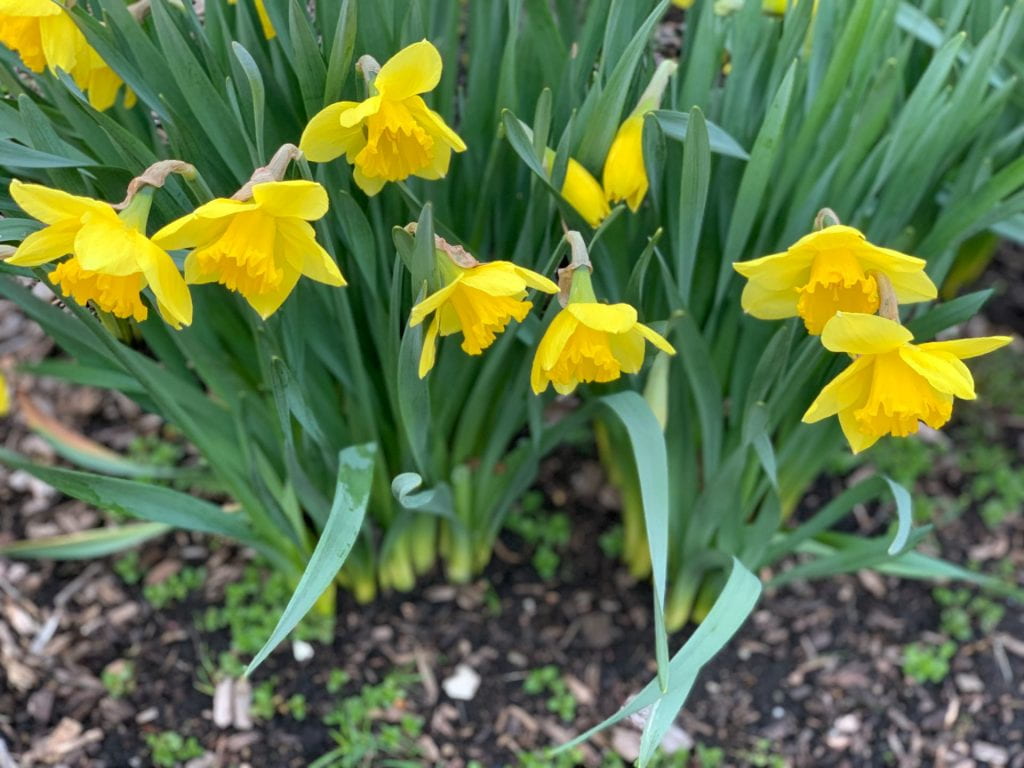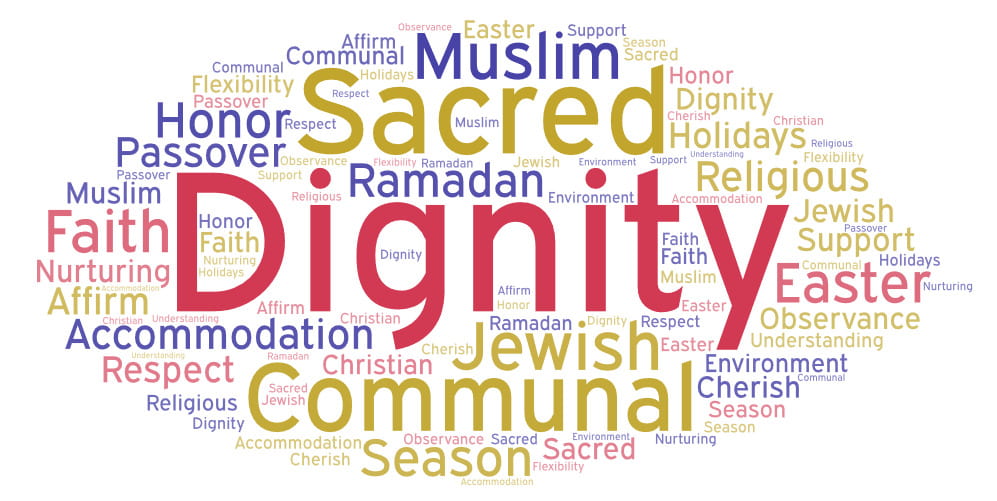This is an interview with Rev. Craig B. Mousin, an Adjunct Faculty member of the DePaul University’s College of Law, Refugee and Forced Migrations Studies Program and the Grace School of Applied Diplomacy. The podcast examines the federal government’s request for comments on a proposed Interim Final Rule involving adjudication of asylum applications. It argues that the expedited deadlines and streamlining procedures will prevent asylum applicants from developing a complete record in support of their claims and may make it almost impossible for asylum seekers to obtain legal representation. The Action Step below lists a link to the Interim Final Rule and the link to upload your comments. The Resources list several different links to understand the problems with the Interim Final Rule and different templates to assist you draft your comments.
ACTION STEP
You are invited to submit comments with your personal critiques of elements of the law.
Please note, once you click on this link, you will find a “Commentator’s Checklist” at the top of the page which provides helpful guidelines in preparing your comment. Comments must be filed before midnight, Eastern Daylight Savings time, on Tuesday, May 31.
The full proposed Interim Final Rule
The quote in the podcast from the proposed IFR regarding soliciting public opinion can be found at 87 Fed. Reg. at 18081. The quote regarding the Immigration Judge receiving a full record can be found at 87 Fed. Reg. at 18098-99. The quote regarding the basic purpose of the IFR can be found at 87 Fed. Reg. at 18143).
RESOURCES
The National Immigrant Justice Center submitted its comments previously. You may review their suggestions to provide you with examples of areas of concern. NIJC invites you to use their comments as a template, but it is important that you provide your own words and ideas with your comments.
NIJC has a shorter summary.
NIJC has also prepared a flow chart to demonstrate the complexity of the proposed rule.
Human Rights first has also provided a summary of its concerns and suggested alternatives.
If you want to prepare comments based on the two critiques in our podcast, you may follow this template below. You can prepare your letter and upload it at the link provided above:
Submitted via https://www.regulations.gov
Rená Cutlip-Mason
Chief, Division of Humanitarian Affairs
Office of Policy and Strategy
U.S. Citizenship and Immigration Services
Department of Homeland Security
5900 Capital Gateway Drive
Camp Springs, MD 20588-0009
Lauren Alder Reid
Assistant Director, Office of Policy
Executive Office for Immigration Review
5107 Leesburg Pike, Suite 1800
Falls Church, VA 22041
Re: Procedures for Credible Fear Screening and Consideration of Asylum, Withholding of Removal, and Convention Against Torture Protection Claims by Asylum Officers (03/29/2021)
Dear Chief Cutlip-Mason & Assistant Director Reid,
Provide an introductory paragraph of your interest in commenting and explain your expertise and experience in assisting asylum seekers either individually or your faith-based or community-based organization.
Determine what parts of the IFR you oppose. The two we discuss in the podcast might include language similar to the following:
- The Interim Final Rule proposed deadlines and a streamlined process that will prevent asylum seekers from obtaining legal representation or develop a full record documenting their claim.
Provide your examples of how the expedited deadlines will hinder your work.
- The Interim Final Rule’s proposed deadlines and streamlined process will prevent many asylum seekers from ever obtaining employment authorization, thus further weakening their ability to pursue all the remedies United States law may make available.
You may share your experiences documenting the importance of employment authorization in ensuring that our legal process works.
The quote from the Purpose of the Refugee Act of 1980.
The quote from the Preamble of the 1951 Convention Relating to the Status of Refugees.
We welcome your inquiries or suggestions for future podcasts. If you would like to ask more questions about our podcasts or comment, email us at: mission.depaul@gmail.com






